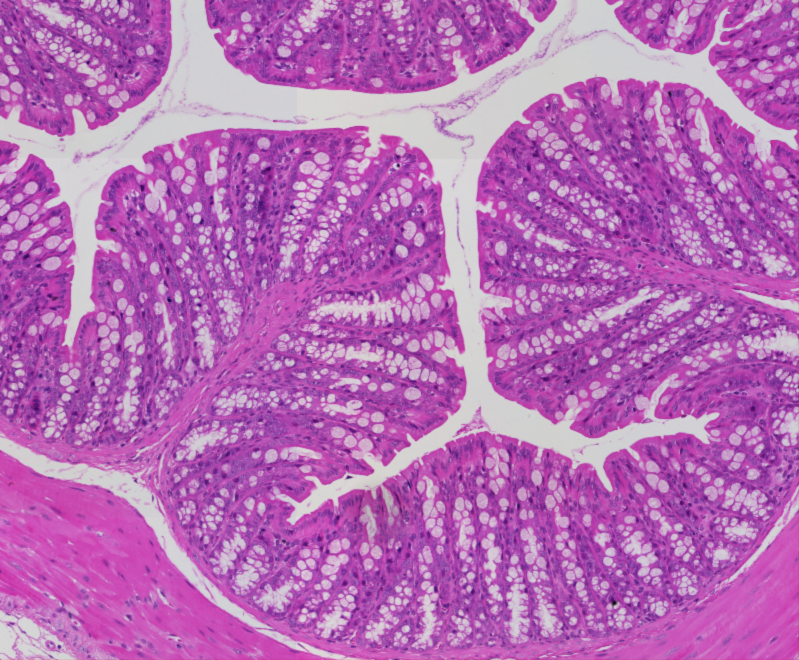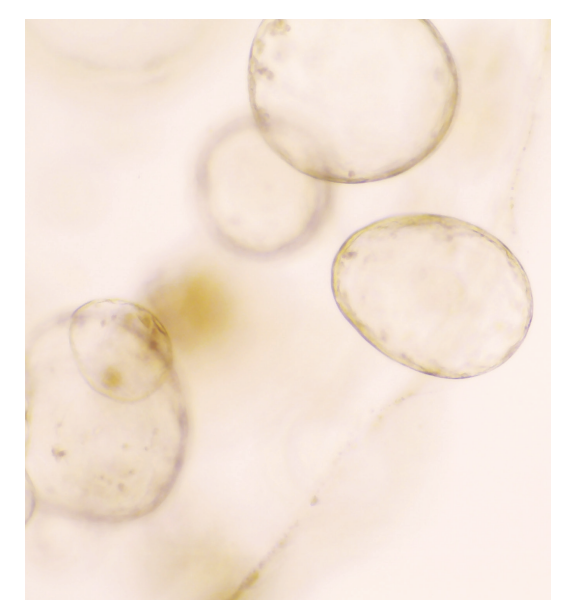Overview
Studies in mice and humans have shown that gut commensals can modulate anti-cancer immune responses dictating the efficacy of immune checkpoint blockade (ICB) therapy. However, analysis of the gut microbiome composition of patients undergoing ICB therapy has failed to consistently identify key species that correlate with favourable responses. Importantly, these inconsistencies could be attributed to environmental factors, such as dietary habits, that can impact not only the composition but also the function of the microbiome. We recently made a major breakthrough in our efforts to understand the dietary determinants that define microbiome-dependent cancer immunity. We discovered that a single micronutrient, vitamin D (vitD), enhances the ability of the gut microbiome to induce potent T cell-mediated immunity to cancer, dictating immunotherapy success in pre-clinical models. We found that vitD modulates the function of the microbiome without significantly affecting its composition, supporting the concept of ‘function over phylogeny’ (Giampazolias E* et al, Science, 2024 *co-corresponding author).
Our recent discoveries have uncovered a unique opportunity to exploit the complex relationship between diet, gut microbiota, immunity and cancer shifting the focus from individual microbes to key host-microbiome interactions that operate under the umbrella of nutrient availability. We study this axis in a multifactorial manner by:
- Defining vitD-dependent microbiota alterations that dictate cancer immunity
- Dissecting microbiome-dependent immune responses to cancer that are dictated by vitD availability
- Determining the impact of vitD-host-microbiome interactions on cancer development and progression
- Assessing the impact of vitD-host-microbiome interactions on clinical impact and therapy response





